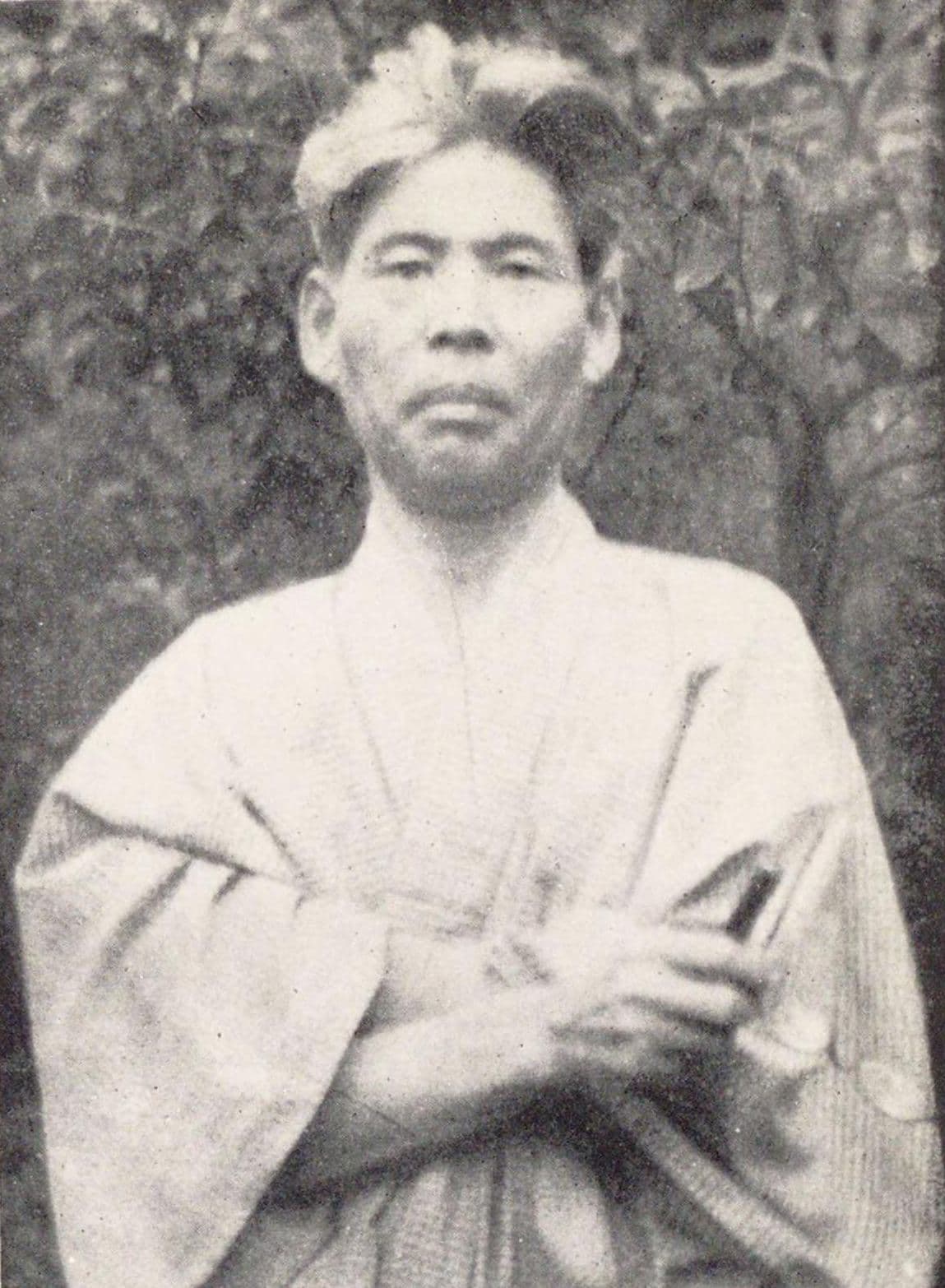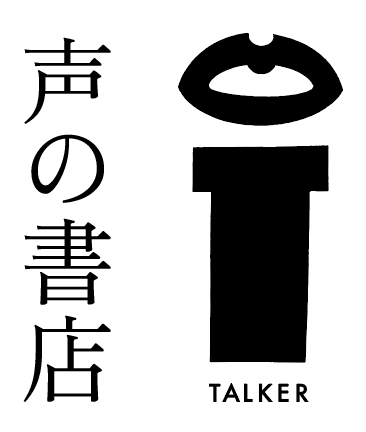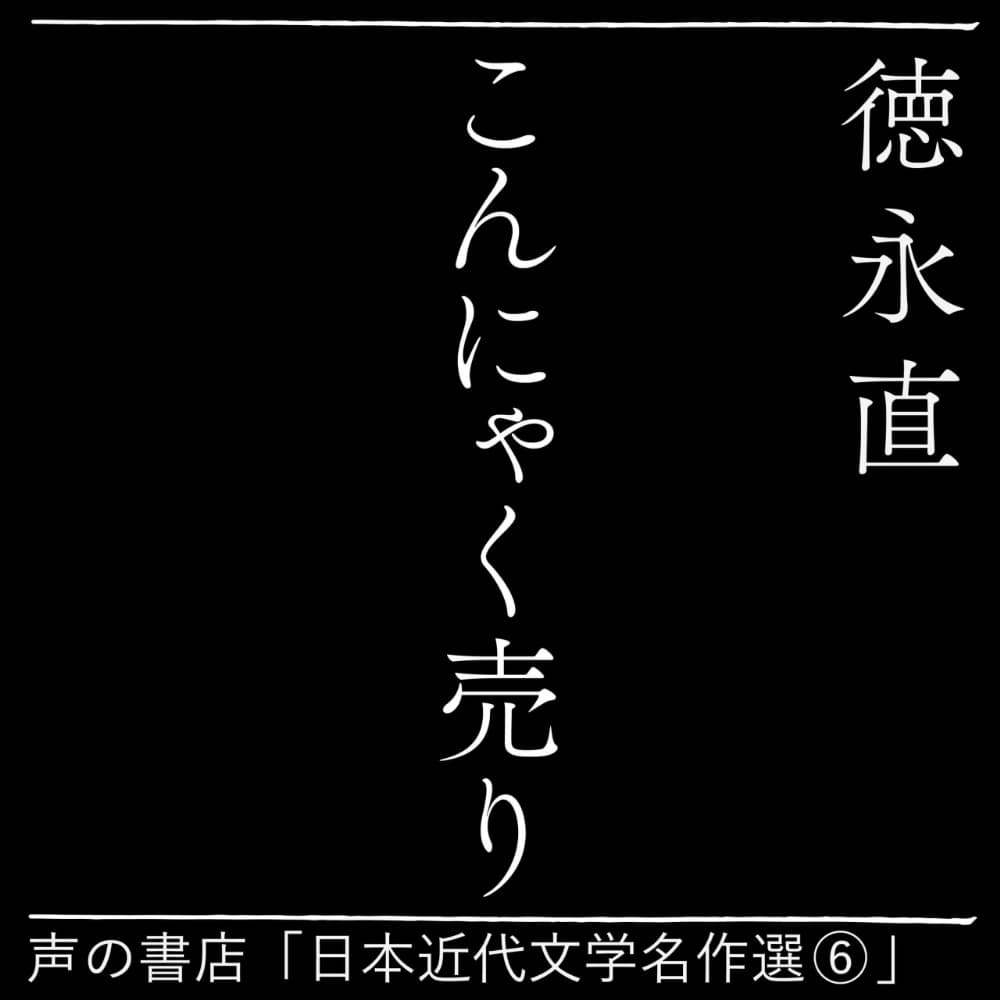
出典:国立国会図書館「近代日本人の肖像」 (https://www.ndl.go.jp/portrait/)
徳永 直
明治32年(1899) – 昭和33年(1958)
熊本県生まれ。大正11(1922)年上京。博文館印刷所(後の共同印刷)に就職した後、共同印刷争議に参加し解雇される。この体験をもとに昭和4(1929)年『太陽のない街』を発表。日本プロレタリア作家同盟を代表する作家となる。昭和8(1933)年「創作方法上の新転換」で作家同盟を批判し脱退。転向文学『冬枯れ』を執筆。『はたらく一家』『八年制』『光をかかぐる人々』等、庶民の生活を鮮明に描いた。戦後、新日本文学会創立に参加。日本共産党員作家として『妻よねむれ』『静かなる山々』などを発表。
Sunao Tokunaga
1899 – 1958
Born in Kumamoto Prefecture, Naoki Tokunaga moved to Tokyo in 1922. After joining Hakubunkan-insatsusho (the Hakubunkan Press/later Kyōdō Press), he participated in the Kyodo Printing labor dispute and was subsequently dismissed. Drawing from this experience, he published Taiyō no nai Machi (“The Street without Sunlight”) in 1929, establishing himself as a leading writer of the Japanese Proletarian Writers’ League. In 1933, he criticized the league in Sosaku Hoho Jo no Shin Tenkan (A New Change in the Way You Create Stories) and withdrew, later turning to conversion literature with Fuyugare (Withered in Winter). His works, including Hataraku Ikka (The Working Family), Hachinensei (Eight-year System) , and Hikari o kakaguru Hitobito (Who bring the light),vividly depicted the lives of ordinary people. After World War II, he co-founded the New Japanese Literary Association and, as a writer affiliated with the Japanese Communist Party, published works such as Tsuma yo Nemure (It’s Time to Sleep, My Dear Wife) and Shizuka naru yamayama (Quiet mountains).

